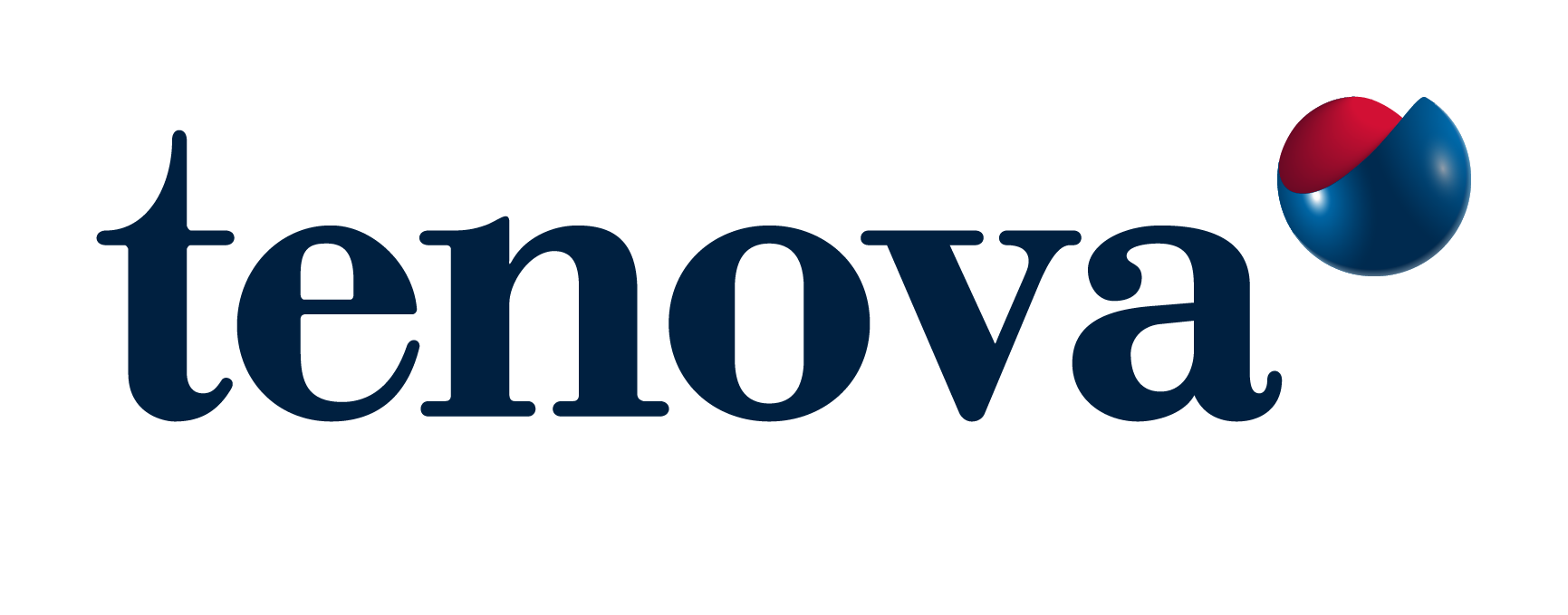Third PartyDue Diligence
MTI recognises that third parties can pose compliance and business risks to their respective companies, they are therefore committed to mitigating those risks when it comes to choosing a third party.

Third Party Due DiligenceIntroduction
MTI recognises that third parties can pose compliance and business risks to their respective companies, they are therefore committed to mitigating those risks when it comes to choosing a third party. The aim of due diligence is to ensure that only reputable and suitably qualified third parties are used by MTI member companies.
MTI members have made certain commitments relating to third parties (including all intermediaries) and these include: Reducing the use of intermediaries wherever possible, particularly those involved in project acquisition, and applying risk based due diligence and approval procedures as part of their internal controls on third parties prior to engaging intermediaries.
This guidance only addresses the due diligence prior to the appointment of a third party. The MTI members are committed to other controls to mitigate risks including ensuring that a written agreement with appropriate clauses and controls is in place for all such persons before they commence work; monitoring of that agreement needs to follow a risk based approach and payments will only be made against a valid invoice and proof of services rendered for such payment. Records will be kept of all these procedures as well as for all other aspects of the due diligence and related monitoring. MTI member companies also note that circumstances may change such that a renewal of the due diligence is warranted, and that in all cases, the third party’s due diligence will need to be updated from time to time.
A yellow card in itself does not necessarily mean that the relationship cannot proceed but it will need to be addressed appropriately. Where a yellow card cannot be satisfactorily resolved the company will need to consider whether to terminate the process. In this guidance a red card means the relationship is prohibited.
1. Definitions
Third Party (TP): for the purposes of this guidance the MTI defines a third party as an intermediary that is a person or an entity acting on behalf of, or in the interest of, an MTI member company (including subsidiaries) to obtain or retain business or to promote sales for a fee. Third parties can provide a wide range of services; examples include but are not limited to: agency, representation, brokerage, consultancy services, market studies, and or technical support.
Public Official (PO): sometimes called government official these include the following persons:
- All officers and employees at any level of a government department or agency whether executive, legislative or judicial;
- Candidates for political office;
- Political party officials;
- Any official, employee or agent of an entity under government ownership or control (e.g. a state-owned enterprise); and,
- Employees of public international organizations (e.g. UN, World Bank, EBRD, OECD etc.);
2. Risk Indicators
MTI have identified the following Risk Indicators relevant to their business.
Selection of the TP:
- The country where the work will be carried out: If it is known for corrupt payments and has a low score on a publicly available source such as the Transparency International Corruptions Perception Index (CPI), or a similar indicator, this will determine an initial risk rating for the third party and whether enhanced due diligence is required.
- The business proposes the third party be retained without any business reason or an insufficient business reason as to why this third party is needed
- The third party appears at a late stage in a tender process and proposes itself as being indispensable or critical to the successful outcome of the bid
- Customer request to use a specific third party
- Third party guarantees success
- Third party asks for anonymity and prefers verbal agreements instead of written agreements
- Third party has close ties to decision makers (customer / Public Official)
Compensation of the TP:
- Unusual compensation request by third party, such as a request to pay fees into a country unrelated to the area of work or location of the Third Party or where it has no business or offices or to an offshore location
- The fee is based on success
- The fee is unreasonable in market terms
- A cash request is made by the third party either before or during the engagement
Unusual structure of third party
- The company exists on paper only, without an established set-up
- The ultimate ownership of the third party is not known
- The company has only been established recently (less than 12 months)
Lack of business rationale for use of third party
- Reference checks reveal a flawed background or reputation of the third party or a key person
- The only qualification appears to be influence over public officials or claims to ‘know the right people’
- The third party’s business license does not cover the activities in the country where the services should be rendered
- The third party lacks the capacity, qualifications and resources to render the requested services.
The members of the MTI Initiative recognize that the Risk Indicators identified above must be mitigated and are therefore committed to undertaking compliance due diligence on third parties. In conducting due diligence, issues might be identified that present risks that could range from prohibited conditions to minor risks. With this in mind a risk-based system for the identification of “cards” has been classified as set out below.
3. Risk assessment for the identification and management of the risk factors
Red Card (prohibited conditions), yellow card (high risks) and blue (medium risk). Where a risk cannot be satisfactorily assessed through additional due diligence then the risk category may warrant being automatically defaulted to the next higher risk category.
Risk Indicators
TP recommended or requested by the customer (unless it is a specific requirement of the public tender to use a particular TP).
TP with further sub-consultants (TP retains further TP to perform the main/core services).
TP incorporated less than 12 months prior to the proposed engagement
TP is a natural person
TP are former employees of the final customer (up to 12 months after leaving the customer’s employment)
TPs have a business relationship or close ties with a current Public Official who can influence or impact government policy or decisions which might also affect the metals technology industry.
Request for payment of the compensation in cash.
Requests payment to an offshore jurisdiction where beneficial owners are unknown.
Requests an up-front payment.
Requests a transfer through an unusual scheme or other legal entities.
In order to properly analyze and manage the cards, we propose to assign a score to the card:
- 4 for yellow card
- 2 for blue card
At the conclusion of the due diligence process, a final score shall be obtained and the following guideline shall be followed to complete the analysis and go through the approval process:
- Red card: prohibition on any agreement with the TP
- Score ≤ 6: the standard authorization procedure must be carried out and a record kept of the due diligence and the findings
- Score > 6 and ≤ 10: the discussion and analysis of the cards must be escalated to a Committee the composition of which is left to each MTI company, depending on the issues to be analyzed. Furthermore, specific risk mitigating measures such as anti-corruption training session can be carried out to the TP in order to further reduce the risk (keeping the relevant evidence)
- Score > 10: conditions equivalent to red card, i.e. prohibition on any agreement with the TP.

Secretariat & Facilitator
Commitment to Acting with Integrity in Business Practices
MTI is a business-to-business initiative that is governed by Member Meetings, which take place three times a year. Decisions are reached by consensus and the meetings are convened by a neutral third party. The Initiative is not a legal entity.
The Collective Action team at the Basel Institute acts as the facilitator and convener of the Initiative. The convener is neutral, has no conflicts of interest and is external to the industry which helps to ensure that no antitrust issues arise during the meetings. The members that participate in the meetings are senior legal and compliance officers who are also well aware of the antitrust issues and this also helps to ensure that the risks are minimized. The Basel Institute also acts as the Secretariat of the Initiative.
The Basel Institute’s team works with companies and other concerned stakeholders to develop, facilitate and moderate anti-corruption Collective Action initiatives in a variety of industry sectors. The Basel Institute also supports research and the development of the academic discourse on anti-corruption Collective Action, as well as hosting the B20 Collective Action hub.








